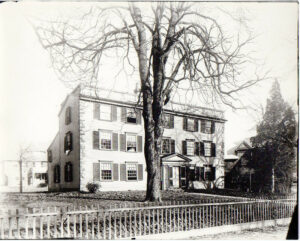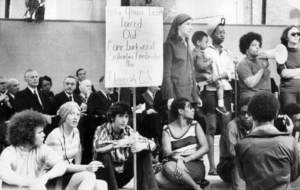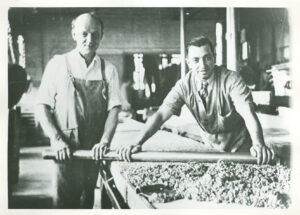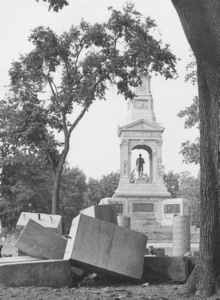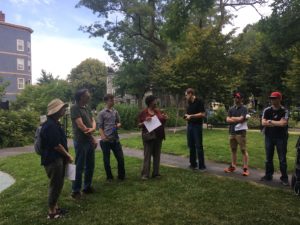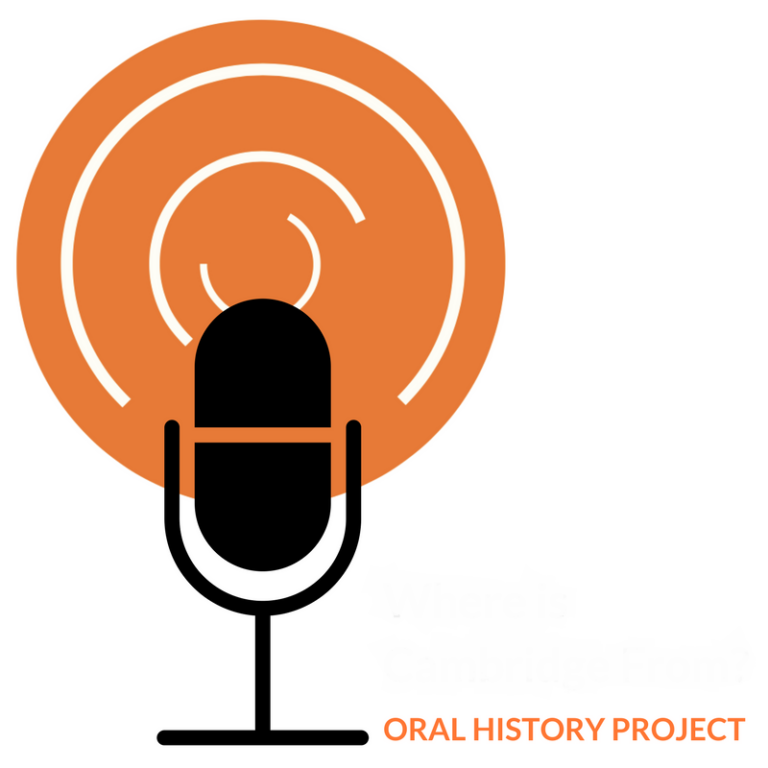
Sweet Souls
Sweet Souls, Voices from the Margaret Fuller Neighborhood House in Cambridge
Our 2019 Sweet Souls oral history project offers answers to questions of local engagement: What is the role of a settlement house institution like the Margaret Fuller Neighborhood House in the history of engagement in Cambridge? How has the Fuller House–and the community that engages with it–navigated the relationship between the everyday work of meeting basic needs, and the transformational effort to make change?
Answers emerge from listening to eight “Sweet Souls” narrators–Duane Brown, Selvin Chambers, Marian Darlington-Hope, Denise Foderingham, George Greenidge Sr., Donnie Harding, Richard Harding, and Nancy Ryan–recounting their life stories and the ways the Fuller House weaves through their lives. Each story is a moving document, generously shared with us–a local public working to understand our present and our past by listening to the experiences of our neighbors. From these stories a detailed mosaic of the Fuller House’s many forms of hospitality emerge. It’s a mosaic constructed from recollections of familiar smells, sweaty teen basement dances, childhood summer outings, learning to knit, Black Panther Party breakfasts, and activist organizations brought into being at the Fuller House. Narrators used words like living room, safe haven, grounding, and anchor to describe the Margaret Fuller Neighborhood House’s place in their lives, and the life of the Port. Each expressed a great warmth and attachment to the memory of the Fuller House, recognition of its unique role in the Port and Cambridge, confidence in its relevance and ability to answer the question “What’s needed now?” and hope for its continued survival.
Together, these oral histories express how MFNH has served across generations as the emotional, symbolic, service, and activist heart of The Port–a neighborhood historically considered the center of Black Cambridge, and one which has been pressured across generations to fight racial injustices, economic and food insecurity, violence–real and perceived, and uprooting and upheaval caused by hyper-gentrification.
In October 2019, the team hosted a mid-point Roundtable discussion at the MFNH, where the public listened to narrators’ stories of the MFHN, and gave input on what they were curious to know more about. View the event and learn more about it here.
This project was a three-way partnership between Margaret Fuller Neighborhood House, The Loop Lab, and the Cambridge Historical Society. Special thanks to the work of interviewers Katie Burke and Lina Raciukaitis, and The Loop Lab sound engineers Tevin Charles and Jeff Solomon.
The project was funded in part by Mass Humanities, which receives support from the Massachusetts Cultural Council and is an affiliate of the National Endowment for the Humanities.

